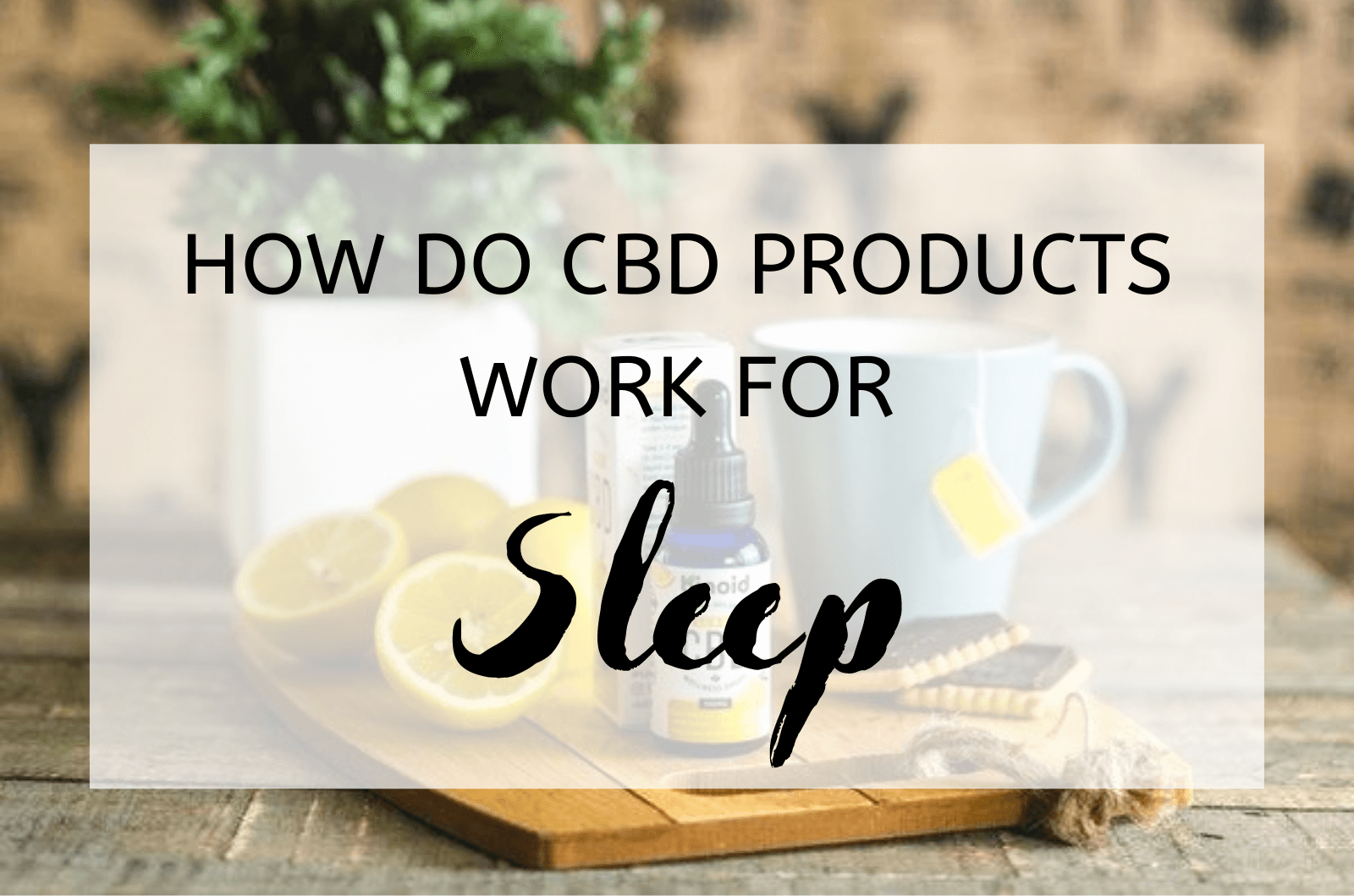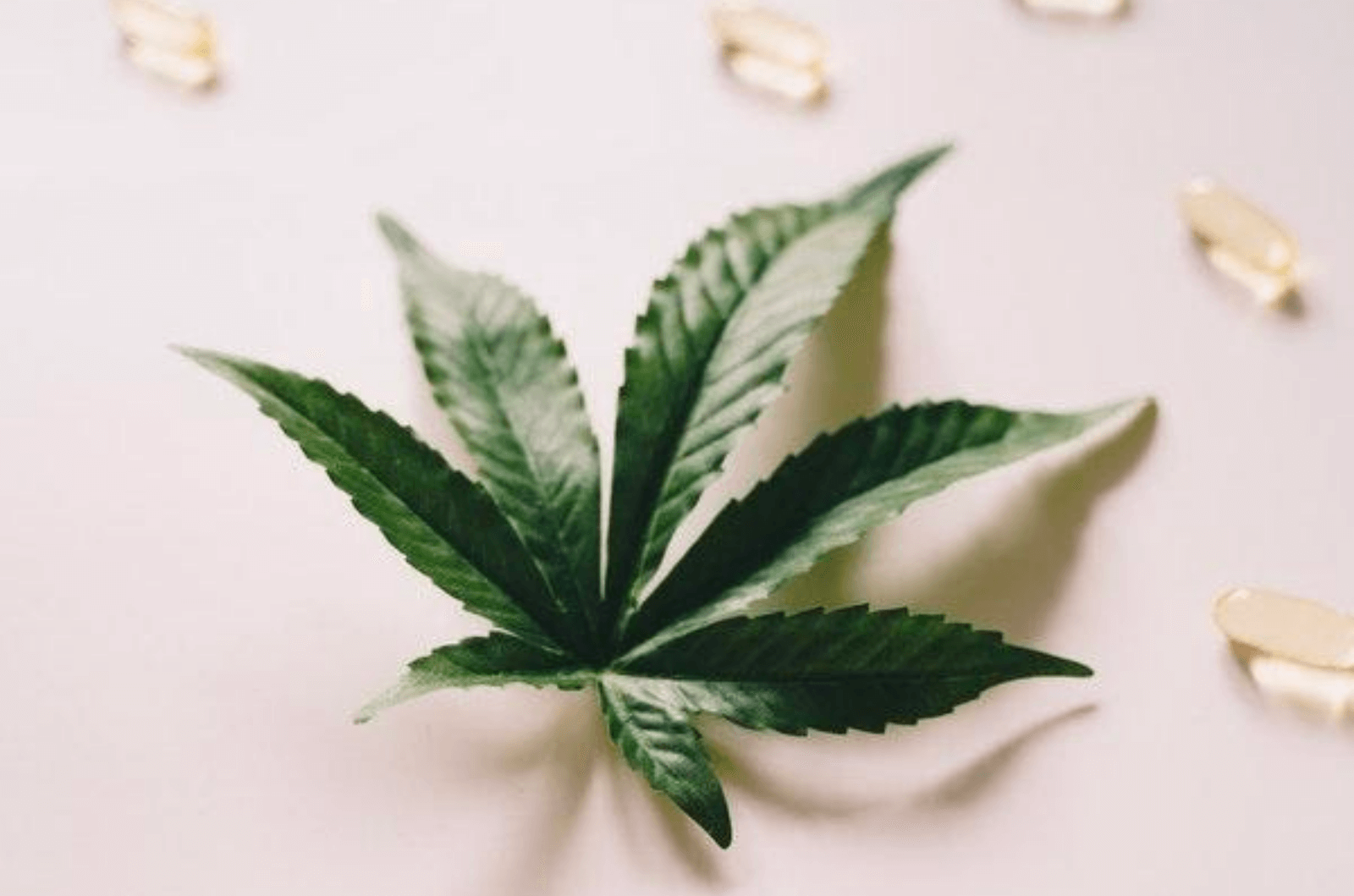Consumers today hope to find natural, safe aids for helping with sleep disturbances since many people have issues with their rest patterns. Many look to cannabis since there is a strong belief that (tetrahydrocannabinol) THC-rich variants, most abundant in marijuana, can help bring slumber.
But a lot of people have a sensitivity to that cannabinoid and prefer to avoid the intoxicating effect it produces. In the current landscape, users are looking to (cannabidiol) CBD, the second prominent cannabinoid in cannabis, most abundant in the hemp species, as a non-intoxicating alternative for their sleep needs, including helping with symptoms associated with insomnia.
Anecdotal evidence shows positive responses from users of the compound for disturbed sleep with improvements they felt came from the cannabinoid. Clinically, however, there are few studies with conclusive evidence regarding CBD as it relates to sleep with humans. Let’s look further.
How Do CBD Products Work For Sleep Health
Researchers are continually studying (cannabidiol) CBD for its potential in the wellness community. The compound carries a range of properties boasting and beneficial in the therapeutic capacity (read full article here), but these have not been substantiated conclusively at this point.
One of those areas that are still in the very early stages of trials is how the cannabinoid works with helping with symptoms of sleep disturbances. Anecdotally, consumers find the substance helpful in assisting them to get to sleep, but science isn’t able to back this evidence at this point.
The clinical atmosphere suggests that if the problem is based around anxiety, CBD acts as a potent anxiolytic helping with symptoms of varied stressors and allowing users to feel a sense of calm with reduced tension, potentially relaxing the body and mind enough to fall off to sleep.
But without knowing the root cause of the disturbance, it’s challenging to tell if the cannabinoid or what precisely would help.
The priority is always to seek the assistance of a primary physician before self-care to ensure it’s a good move, especially since varied substances have the potential of reacting when taken together, making some products unsuitable for specific individuals. Some things to consider before consuming cannabidiol for your sleep pattern:
Do your due diligence with rigorous research
There are a vast array of brands available on the market selling the CBD product lines. You can find these virtually anywhere, including the market, gas stations, or your local health food store. The thing to remember is none of these places offer specialized experts with knowledge on the compound or the formulas.
It’s vital before shopping to research companies that specialize in manufacturing the cannabinoid to ensure you receive quality, safe products since CBD is not a regulated compound.
Reputable manufacturers will engage in independent lab testing and confirm that their products are contaminant-free. These tests assure consumers of the ingredients, especially the primary cannabinoids like CBD and THC.
You should also receive the expiration date and the lot # along with the nutritional information. If you don’t receive the Certificate of Analysis from a company, make sure to request a copy.
Dosing needs to be consistent and efficient
Cannabidiol is not regulated, and there are no universal guidelines for dosing, no recommended daily allowances. Each person reacts to the compound uniquely and will need to experiment to find their accurate dosage.
The suggestion from the expert community is to start with the lowest dose to test your tolerance and then gradually and slowly build on that until you achieve an effect. It would be best if you remained on the low dose roughly a week before choosing to up the quantity and then only slightly (perhaps 5 mg) until a positive reaction.
Be realistic with your anticipation
(Cannabidiol) CBD might not be the answer to your sleep disturbance, particularly if you don’t understand the root problem, and it likely will not serve as a solid aid for the long-term with the potential for losing potency over time.
With anything that you take, you become accustomed to it in time, and the efficacy diminishes. The dosage would need to increase for you to mimic the results you saw initially.
It’s also important to be patient when you’re new to the cannabinoid. CBD, as with anything, would need to build up in the system to have any effect on the body. The more you take it, the greater the outcome.
That doesn’t mean everyone will see a result. Each person is different, with some being super sensitive to the substance and other individuals seeing little effect. Much depends on the dose you’re trying, the administration, and the form you choose.
With no regulation, people are left to experiment, leaving room for many errors. It simply takes time, patience, and speaking with your doctor and specialists in the industry.
Sleep disturbances have the potential to be related to anxiety. (Cannabidiol) CBD is a potent anxiolytic with the purported capacity to aid symptoms of varied anxieties bringing calm to the mind and reducing stressors while helping to relax the body.
With a person feeling at peace and relaxed, they can ultimately fall off to sleep. Sleep patterns with unknown root causes or of a more severe nature need closer observation from a sleep specialist to determine what the underlying factor is so that it can be resolved.
It’s also essential to speak with a primary physician before beginning any form of self-care to ensure it’s the right path to take and for appropriate monitoring.
This post was collaborative. All thoughts and opinions are our own.




